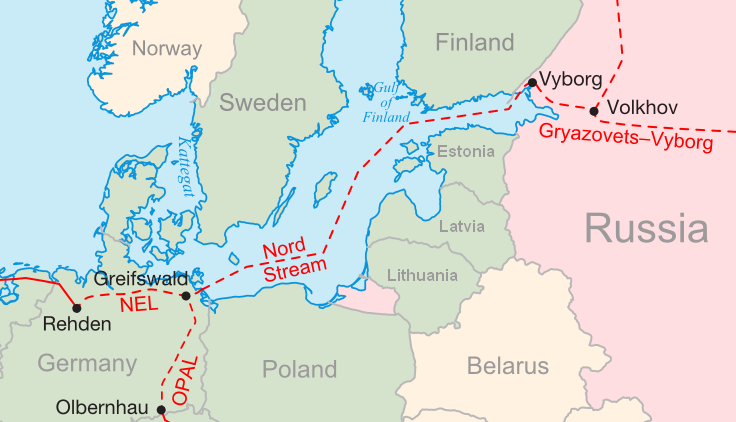 Drivers all around the world are feeling the pain of rising gas prices. The U.S national average is $4.32 per gallon, with gas in California over $5 per gallon!
Drivers all around the world are feeling the pain of rising gas prices. The U.S national average is $4.32 per gallon, with gas in California over $5 per gallon!
Could the Russian invasion of Ukraine be contributing to these price increases?
It turns out that the Russian-Ukrainian war indeed has far-reaching consequences for the entire world. Russia supplies 40 percent of Europe’s natural gas. They export the world’s largest volume of natural gas and are among the top three largest exporters of oil. Consequently, many countries depend on Russian oil to meet their citizens' daily needs, such as heating, cooking, and fuel for cars.
The price and availability of oil were already a rising issue, but the war has made the market more volatile.
A Brief Look at Oil Pricing
Before we go further, here are a few definitions you need to understand:
- Speculative - Based on idea, not fact. Things that are uncertain or risky
- Supply and Demand - How much of an item is available (supply), compared to how much of the item people want to use (demand).
- Sanctions - Penalties that countries impose upon each other for breaking international law, without resorting to war.
Oil is among a class of resources whose value is speculative. According to EconomicsHelp.org, when people decide what to buy or sell based on the “expectations of future price changes”, it is called speculation. Other financial organizations describe speculation as gambling because prices are set not by methods or calculations, but by the predictions of what future prices will be. The expectation of needing more or less of an item results in a price change.
Conflict
 In response to the proposed sanctions from the U.S and Europe on Russian energy supplies, Russian Deputy Prime Minister Alexander Novak declared that Russia could shut down the Nord Stream natural gas pipeline - cutting Europe’s oil supply nearly in half.
In response to the proposed sanctions from the U.S and Europe on Russian energy supplies, Russian Deputy Prime Minister Alexander Novak declared that Russia could shut down the Nord Stream natural gas pipeline - cutting Europe’s oil supply nearly in half.
The mere threat of banning Russian energy supplies sent the price of oil soaring to its highest since 2008. If the Nord Stream pipeline is closed, gas prices may skyrocket upwards of $300 per barrel because of increased demand.
On March 8th, 2022, the US banned the import of Russian energy supplies, and the UK announced its plans to follow suit by the end of 2022. The EU is set to gradually reduce its dependence on Russian supplies by adopting clean energy technologies.
If these bans and sanctions continue, it could cripple the economies of countries dependent on Russian oil; depriving governments of the ability to provide their people with the oil needed to heat their homes, cook, etc.
Though this may seem bleak, remember that wars don’t last forever. Nations are cooperating to aid the Ukrainians. We can all hope that this will be the push the world needs to put more effort into using clean energy and to protect nations and people who need it most.
Sources: Reuters, NPR, HuffPost, Whitehouse.gov, Motley Fool, USA Today







